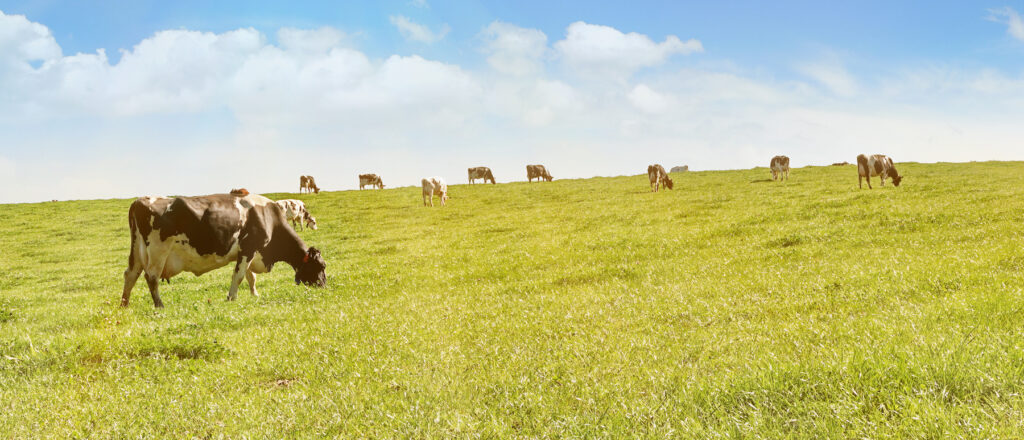First case of new bluetongue strain confirmed in England
13th November 2023
Farmers are being urged to purchase livestock from responsible sources and be vigilant for signs of disease, as BTV-3 is confirmed at a farm in Kent.

A single cow has tested positive for bluetongue serotype 3 at a premises near Canterbury, Kent. The case was discovered on 11th November as part of routine surveillance.
A 10km temporary control zone has been declared around the premises where the animal was kept. Movement restrictions apply to cattle, sheep and other ruminants.
A number of serotypes of bluetongue are currently circulating in Europe including, BTV-3, BTV-4 and BTV-8.
Last month, reports of the new strain of bluetongue (BTV-3) spreading rapidly in the Netherlands, prompted a series of emergency meetings by the Ruminant Health and Welfare (RH&W) group.
Vaccines are available for serotypes 1, 2, 4 and 8, but existing vaccines will not offer cross-protection against the new strain.
As a result, it’s especially important to follow advice to take action and prioritise good biosecurity measures, whilst remaining extremely vigilant to the disease.
The virus does not affect humans or food safety, it can cause significant production losses. Dr Hazel Wright, deputy head of policy for the Farmers’ Union of Wales said:
“Alongside purchasing livestock from responsible sources, surveillance is the best way to combat the spread of this disease and we are therefore urging members to be vigilant and report any suspicions of disease immediately.”
RH&W advises a three-pronged approach to preventing the disease:
- Buyer beware, only source animals from Europe responsibly
- Take action, prioritise biosecurity and report any suspicious clinical signs
- Vigilance is key, monitor livestock closely.
Bluetongue can spread to the UK through infected midges, which can be carried across the channel by the wind. The south and east coasts of England face the highest risk.
The risk level is impacted by the level of disease in nearby parts of Europe, weather conditions – especially wind speed and direction – and temperature.
The virus could also be brought into the UK through the import of infected animals, blood or germinal products, from countries where it is circulating.
Further information and resources can be found here: https://ruminanthw.org.uk/bluetongue-virus/ or on gov.uk
